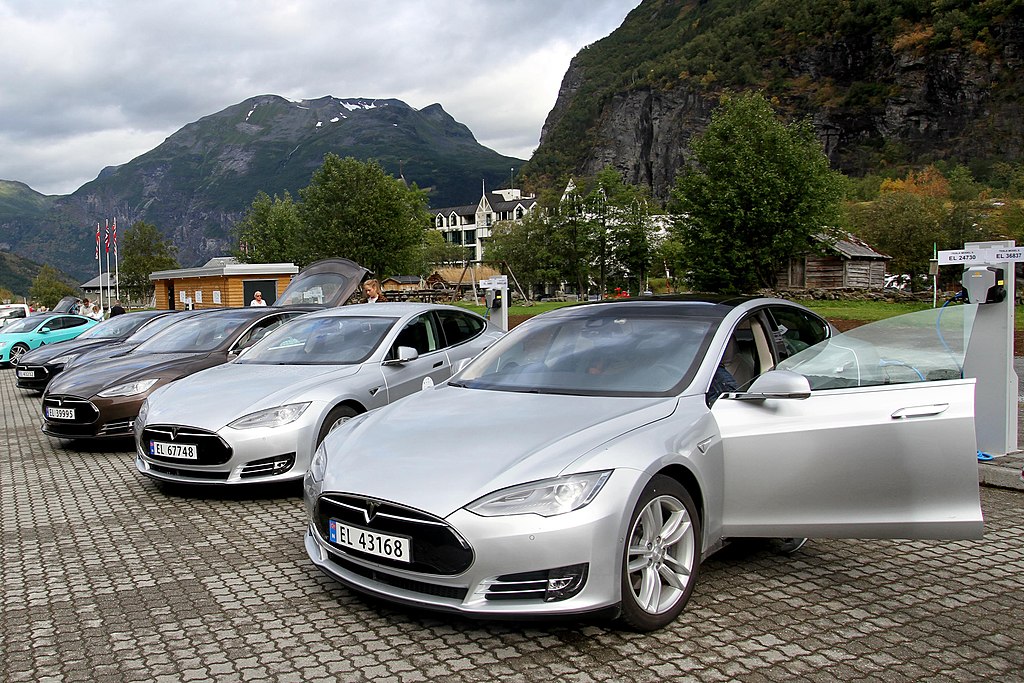The automotive sector is experiencing rapid changes, and electric vehicles (EVs) have emerged as a prominent presence in the market.
As the concerns regarding climate change and sustainable transportation continue to gain traction, the future of electric cars in Australia shows immense potential.
This article will delve into the different dimensions of electric vehicles and examine their impact on Australia’s transportation landscape, shedding light on the future of electric cars and the increasing prevalence of these vehicles on the roads.
What Are Electric Vehicles?
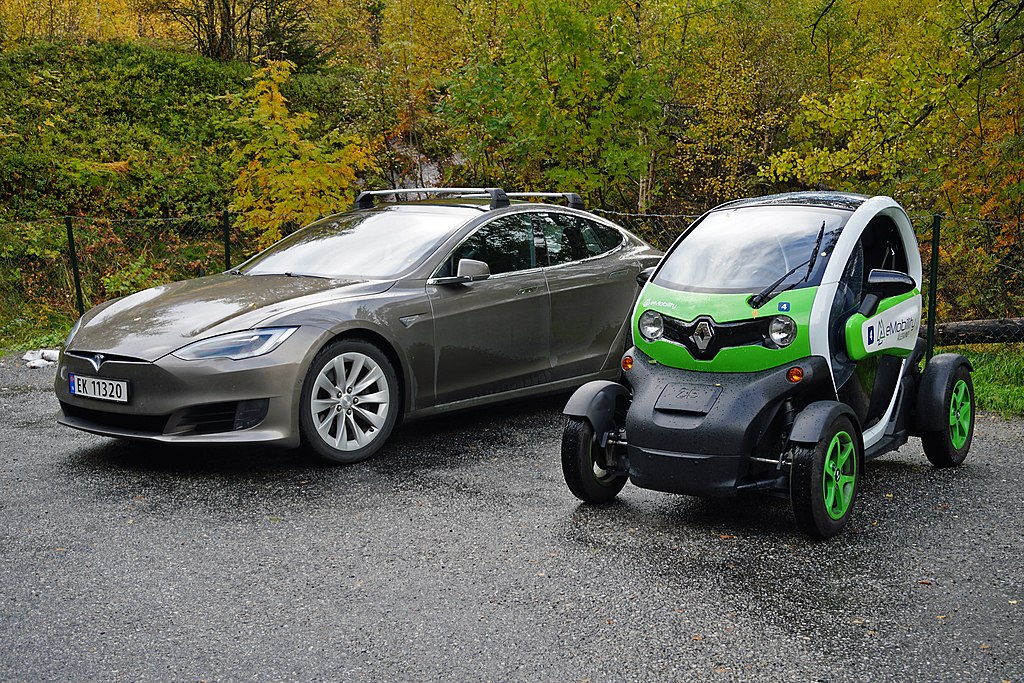
Electric vehicles, commonly called EVs, are automobiles that utilize electric motors instead of internal combustion engines (ICEs) dependent on fossil fuels.
These innovative vehicles rely on rechargeable batteries as their energy storage mechanism, offering a sustainable alternative to conventional petrol or diesel-powered cars.
EV models encompass a range of variations, including battery electric vehicles (BEVs), plug-in hybrid electric vehicles (PHEVs), and hybrid electric vehicles (HEVs).
Switching to Electric Cars
The transition to all-electric vehicles offers a multitude of benefits for individuals and society as a whole.
The subsequent sections provide a detailed examination of the advantages of embracing electric cars.
Help The Growing Electric Vehicle Market
By embracing electric vehicles, individuals actively contribute to the expansion of the electric vehicle market. The rising demand for EVs serves as a catalyst for innovation, encouraging manufacturers to invest in research and development.
Consequently, this drives the development of new electric models, widening the array of electric car options available to consumers.
Reduces Costs and Require Less Upkeep
Electric vehicles can provide significant long-term cost savings compared to conventional petrol or diesel vehicles. Although the upfront price of electric cars may be higher, their operational costs are typically lower due to the reduced electricity expense compared to fossil fuels.
Furthermore, electric cars necessitate less maintenance since they contain fewer moving components and do not require oil changes.
Better For The Environment
One notable benefit of zero-emissions vehicles is their substantial positive impact on the environment. In contrast to internal combustion engine vehicles, electric cars generate no tailpipe emissions, thereby aiding in reducing air pollution and greenhouse gas emissions.
By adopting electric cars, Australia can make significant strides toward attaining its climate change objectives and enhancing air quality.
The Future of Electric Cars
Cost is Equalizing
As technology advances and economies of scale come into play, electric car costs are becoming increasingly competitive with conventional vehicles.
With time, electric cars will become more affordable, making them a viable option for a broader range of consumers.
Battery Technology is The Key
Battery power is pivotal in shaping the future of electric mobility. The progressions in battery technology hold immense significance in enhancing the range, performance, and charging speed of electric vehicles.
With ongoing research and development in battery technology, we anticipate remarkable advancements in these aspects, further augmenting the practicality and appeal of electric cars for consumers.
Charging Infrastructure has to Keep Pace
To establish electric cars as a mainstream choice in Australia, the development of a comprehensive and extensive charging infrastructure is vital.
The presence of ample charging stations and efficient fast-charging networks plays a critical role in alleviating range anxiety and providing convenient charging solutions for electric vehicle owners.
The expansion of charging infrastructure is being propelled by government initiatives and private investments, emphasizing the need to keep pace with the increasing number of electric cars.
Some of the Electric Cars Sold in Australia
The Australian market is witnessing a surge in the availability and popularity of electric cars. Consumers in Australia have a wide array of electric car models to choose from that cater to various styles, budgets, and preferences.
Here are some of the electric vehicles sold in Australia:
Tesla Model 3

Tesla’s Model 3 is a compact electric sedan with impressive performance, long-range capabilities, and a sleek design.
This entry-level electric car, equipped with a 57.5kWh battery and a single rear motor, stands out as the most efficient among all Model 3 variants.
As for the average Australian traveling 270km per week, they can anticipate spending approximately $7.83 for this journey with an efficiency rating of 11.6kWh. This becomes particularly attractive considering the skyrocketing petrol prices exceeding $2.30 per liter.
Key Features:
- Sleek design
- Entry-level car
- High efficiency
- Includes four-door and five-seat
MG ZS EV
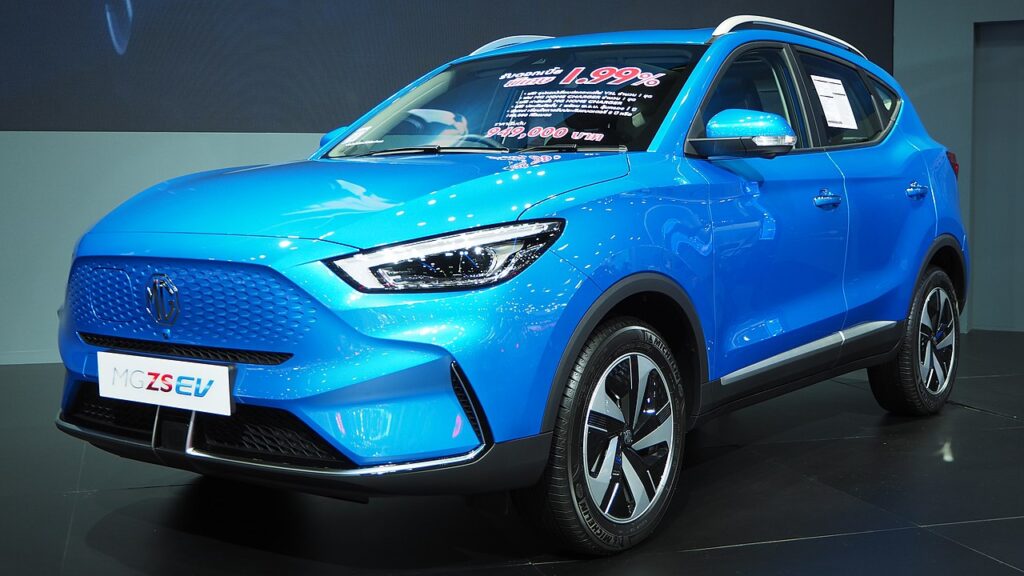
The MG ZS EV is an affordable electric SUV with a practical and environmentally friendly driving option.
Despite its lower price compared to other brands, the recently refreshed MG ZS EV offers numerous advantages and boasts a respectable efficiency rating of 15.2kWh/100km, resulting in a weekly charging cost of $10.33.
Furthermore, the recent update has addressed a crucial aspect by enhancing the claimed range to 320km.
Key Features:
- Affordable
- Five-door, five-seat small SUV
- Respectable efficiency rating
Cupra Born
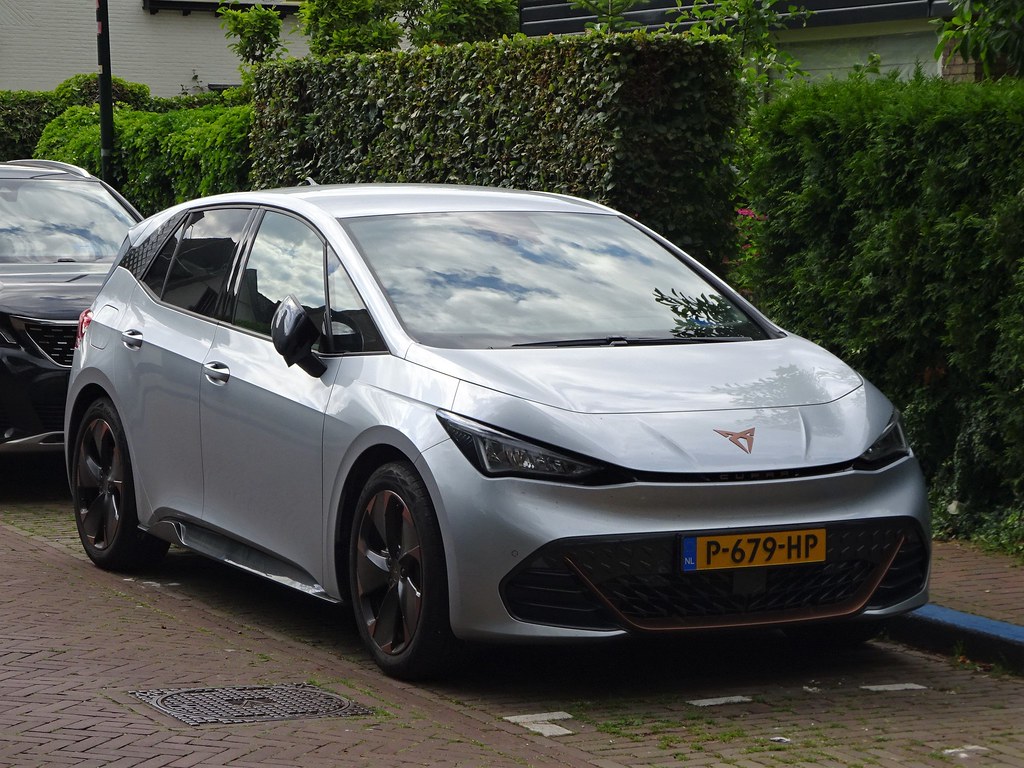
The Cupra Born is an all-electric hatchback with sporty performance and stylish aesthetics, appealing to those looking for a thrilling driving experience.
Cupra introduces a dual-motor variant of the Born electric vehicle, generating 170kW of power and 310Nm of torque.
Despite its emphasis on performance, the Born demonstrates notable efficiency by consuming only 13.8kWh under combined conditions. As a result, the weekly charging expense amounts to $9.32.
Key Features:
- Stylish design
- Midsize SUV
- Available in dual-motor variant
- Great performance
Mini Cooper SE

The Mini Cooper SE combines the iconic Mini design with electric power, offering a fun and eco-friendly driving experience.
Mini has made a clever choice by equipping its electric hatchback with a small 28.9kWh battery, as larger batteries tend to be heavy and less efficient during travel.
Despite having a range of only 203km, the Mini Cooper SE demonstrates efficiency by consuming just 12.4kWh from its battery per 100km driven under combined conditions.
Furthermore, assuming you drive an average distance of 255km per week, the Mini will only require a top-up costing $8.37.
Key Features:
- Small size, three-door, and four-seat
- Suitable for a city trip
- Cool design
Genesis Electrified G80
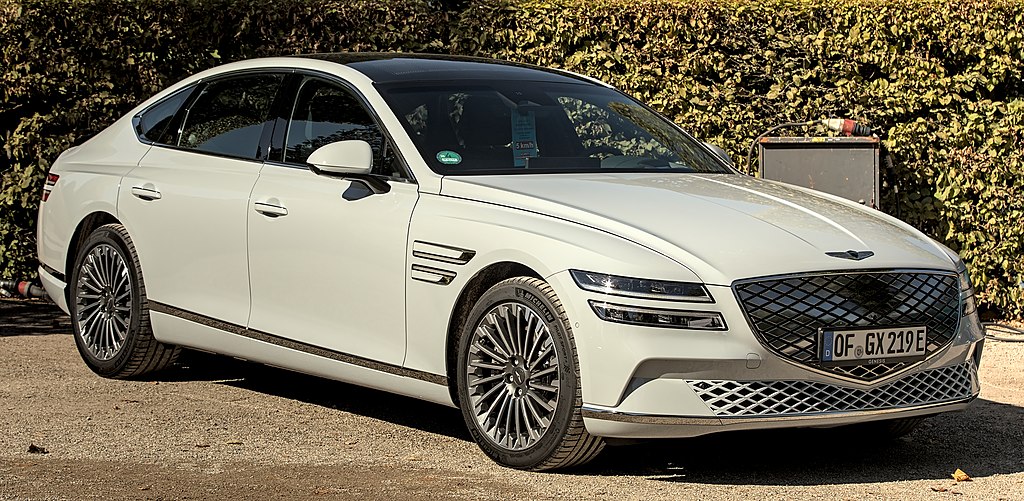
The Genesis Electrified G80 is a luxury electric sedan that combines elegance, advanced technology, and sustainable mobility.
Genesis has taken a leap ahead of competitors like BMW by introducing the Electrified G80 as the first luxury electric vehicle in Australia.
This model impresses with its opulent interior and a commendable efficiency rating of 15.9kWh/100km. As a result, the weekly charging cost amounts to $10.73 while maintaining an impressive driving range of 520km.
Key Features:
- Large size sedan
- Luxury design
- Advanced technology
- Impressive driving range
Frequently Asked Questions
What is the expected growth of electric vehicles in Australia?
The growth of electric vehicles in Australia is projected to accelerate rapidly in the coming years. According to industry experts, electric vehicle sales are expected to increase significantly, driven by factors such as government incentives, improved charging infrastructure, and more electric cars.
Are electric cars feasible in Australia?
Yes, electric cars are feasible in Australia. The country has a growing charging infrastructure network, and advancements in battery technology are making electric cars more practical and convenient for everyday use.
Additionally, the Australian government has been implementing policies and incentives to encourage the adoption of electric vehicles.
Will all cars be electric by 2030 in Australia?
While it is challenging to predict the exact timeline, the Australian government has set ambitious targets to transition to a greener transportation system. It may take over a decade for all cars to be electric, but significant progress is expected by 2030.
Conclusion
The outlook for the future of electric cars in Australia appears optimistic. Ongoing technological advancements are leading to increasingly competitive pricing for electric vehicles, bolstered by improving battery technology and the expanding charging infrastructure.
These positive developments position electric cars to play a crucial role in mitigating greenhouse gas emissions, enhancing air quality, and fostering a sustainable future for transportation in Australia.
To explore the exciting world of electric cars in Australia, visit Kilowatt Cars and take the first step towards a greener and more sustainable driving experience.

